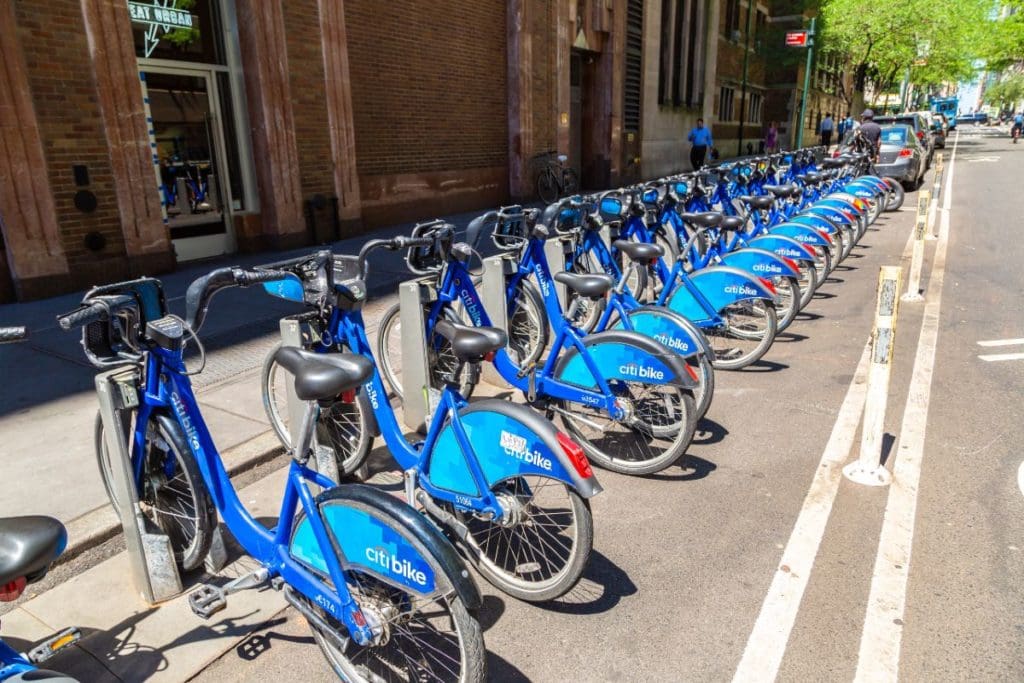Citi Bike Breaks its All-Time Records

If you’ve followed the evolution of micromobility including bike share systems closely for many years, then you’ll probably remember when Citi Bike opened. It was just over 8 years ago in May 2013 during the final term of New York City Mayor Michael Bloomberg and his Transportation Commissioner Janette Sadiq-Khan.
At the time it was big news. It was by far the biggest American bike share system until that time, starting in the USA’s biggest and most globally important city, with the most lucrative naming rights sponsorship deal of US$41 million (A$55 million) over five years from Citibank.
Citi Bike started with 6,000 bikes and 332 dockings stations.
Over the next eight years, Citi Bike’s ownership has changed three times from Alta Bicycle Share, to Motivate, to Lyft.
Citibank (or their parent Citigroup to be exact) renewed their sponsorship, with the current deal being for US$70.5 million (A$95 million) over 10 years.
Despite a range of setbacks including damage from Hurricane Sandy, bike and software issues, the system was popular from day one and has steadily grown.
Fast forward to 2021 and the system now has 21,500 bikes including 4,300 e-bikes, across over 1,400 stations. This makes it the largest bike share system in the world outside of China.
In the current USA summer season, it looks like ridership records are set to tumble multiple times.
For the week of 9th -15th May 2021 Citi Bike recorded 631,314 rides, its biggest week ever. It was also its first week with three consecutive days of over 100,000 ridership per day peaking on Saturday 15th May with 118,590 rides.
Current owner, Lyft, is in the midst of a US$100 million (A$135 million) expansion of the Citi Bike system that will see the total number of bikes reach 40,000 and the geographic area served doubled.
To date, Citi Bike has not received any public funding. Its core revenue sources are casual, daily and annual ride memberships, plus that massive sponsorship deal with Citi Group.
Single rides cost US$3.50 (A$4.66) for up to 30 minutes. Day passes cost US $15 (A$20) per day. Annual memberships cost US $179 per year A$238) paid annually in advance.
Annual members get unlimited 45 minute rides, 33% off e-bikes which are US12 cents (A$ 16 cents) per minute instead of US18 cents (A$ 24 cents) per minute for casual hirers, plus a rewards system and an electronic swipe key.
Membership numbers fluctuate but the long term trend has been growth. In 2019 there were 169,000 annual subscribers. Not allowing for any growth since then at the current membership fee that would equate to US$30,251,000 (A$40 million) in annual membership revenue.
Total revenue for the 2020 calendar year was US$62,075,601 (A$82,767,468) with monthly revenue in summer being triple or more than the monthly revenue in winter.
Parent company Lyft, whose main activity is motor vehicle ride share, does not break out its bike share figures in its annual financial returns.
